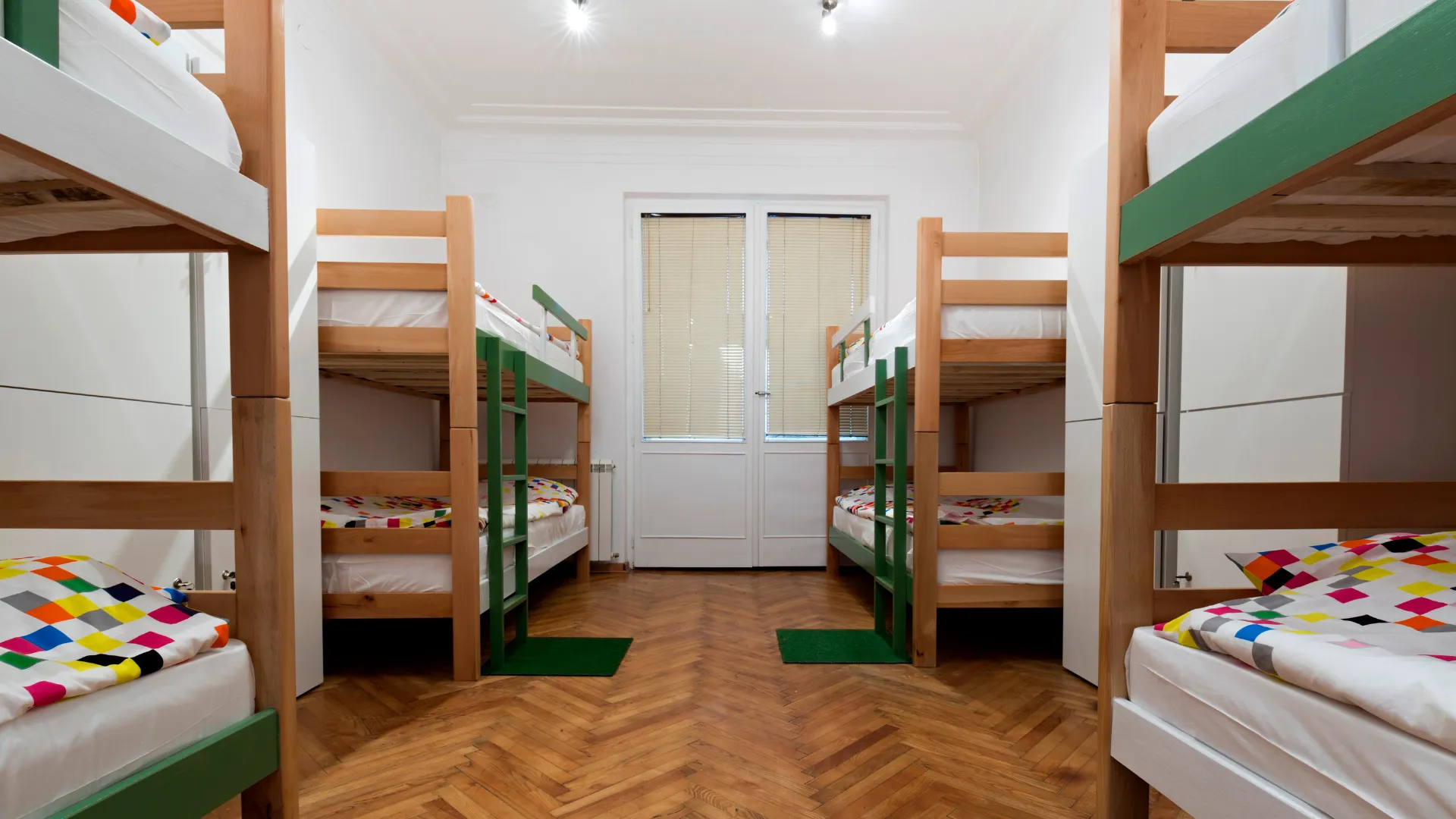Why stores are closed on Sunday in Poland?

Poles remember going with their families to the “galeria” (shopping center) on Sunday, buying sneakers for Agnieszka, a sweater for Tomek, perfume for mom, and a T-shirt for dad. Then the whole family would go to the grocery store and buy a whole cart of groceries for at least a week in advance. Now these times are in the past. Why?
Many foreigners, who have recently arrived in Poland are often surprised that supermarkets are closed on Sundays in Poland. They feel just like Poles did a few years ago when the concept of “shopping Sunday” was introduced.
A shopping Sunday or niedziela handlowa is a Sunday when there is no ban on trade. That is, all supermarkets and large hypermarkets have the right to work on this day. The rest of the Sundays in Poland are non-trading days. Large supermarkets are not allowed to trade on these days.
There are only a few such “shopping Sundays” in Poland throughout the year. Most of them occur in December, when people buy gifts and food for the holidays. Every year the number of “shopping Sundays” in Poland is decreasing.
In Poland, only small stores such as Żabka (translation: “The Frog”) are open on Sundays. This chain is very common in all large and small cities and towns in Poland. In fact, it is a mini-supermarket or mini-market where you can buy basic products, water, alcohol and tobacco, top up your account, register a Polish SIM card, etc.
Why is there a ban on Sunday trading in Poland?
The main reason, as stated by the Polish government, is to support small family businesses. That is, small grocery stores owned by “ordinary Poles” rather than large retail chains.
This is not only the aforementioned Żabka, which is actually a franchise of a well-known brand, where each individual Żabka store has a separate owner, i.e., a small Polish entrepreneur.
In addition to Żabka, there are similar smaller chains such as Abc or Odido. They also work on Sundays. Also, markets like the Ukrainian “bazaar” are open on Sundays. For example, the well-known “Świebodzki Bazar” in Wroclaw, where you can buy not only goods but also products from direct fruit- and vegetable producers, honey, etc.
That is, one of the official reasons is to protect small Polish entrepreneurs from big competition. Whether this actually works is not known for certain.
Small shops tend to have more expensive products than supermarkets and a much smaller selection. Nevertheless, they are often “close by,” and a hot dog and hot coffee from Żabka saves from hunger those who did not have time or could not buy food during the work week or on Saturday.
Post offices are allowed to work on Sundays in Poland
Some stores are open on Sundays because they also operate as post offices. In particular, you can send or receive a parcel in the mentioned above Żabka.
Read also: History of the Żabka chain of stores
How do Polish chains find loopholes in the law banning Sunday trading?
Some large retail chains in Poland have tried to take advantage of the loophole in the law and launch a “post office” service. This allowed them to operate as a post office, including on Sundays.
At the beginning of the initiative, more and more large retail chains tried to use this method, but then something went wrong and most of them still do not work on Sundays to avoid getting hefty fines.
Caring for employees or PR?
One of the reasons given by the Polish authorities for banning trade on Sunday is concern for employees. Cashiers, loaders, security guards, and other supermarket employees have to work on Sunday, when most people are on vacation.
A ban on Sunday trading would theoretically help the above categories of workers to get better and more rest. Whether this is actually the case is a rhetorical question.
Caring for Christian values
Poland, as a country whose foundation was largely Catholic, would like to strengthen this foundation of society. The ideal picture in this sense would be the majority of families going to church on Sunday mornings, as in the past.
However, Polish society is quite different now, especially young generation people, who have their own views on life, which often differ significantly from the traditional ones. Therefore, everyone decides for themselves what to do on Sunday.
Indeed, many people used to go to shopping malls on Sundays instead of going to church, but after the introduction of “non-trading Sundays,” they did not run to the church but found other activities.
Those who were already doing their business or favorite hobbies continue to do so in a similar way they are used to. This once again shows that there should be a choice, and coercion will not work in modern society.
Galeria (shopping centers) are partially open in Poland on Sundays
Large shopping centers are open on Sundays because restaurants, fast food outlets, coffee shops, ice cream shops, etc. are open on Sundays. However, all shops, salons, hairdressers and supermarkets in shopping centers in Poland are closed on Sunday. The only exception is shopping Sundays, when everything works as usual, but there are few such Sundays throughout the year.











